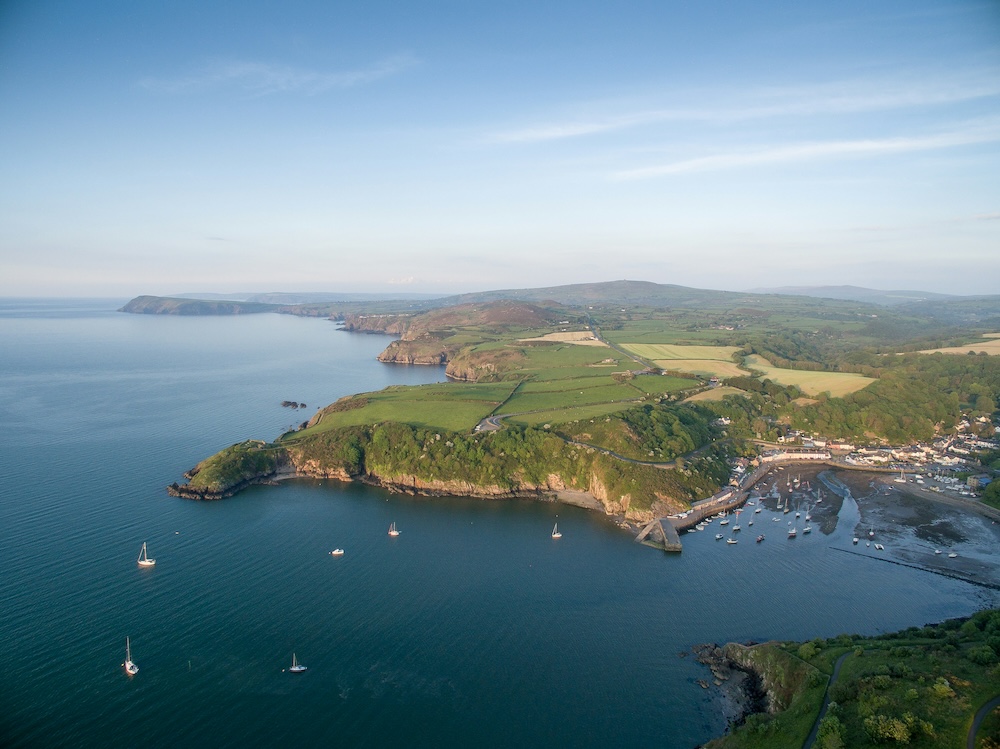John Osmond looks back at the contribution of J. Barry Jones
From the late 1960s to the 1990s J. Barry Jones , who has died aged 77, was an influential voice in the development of Welsh Labour’s devolution policy and a pioneer in the academic study of Welsh politics. He was a member of the devolution working party that under the direction of Welsh Labour’s general secretary Emrys Jones drew up its evidence to the Kilbrandon Commission. Despite the opposition of leading figures like Neil Kinnock and Leo Abse this became the principal bedrock of Labour’s approach to a Welsh Assembly. Emphatically it was not about appealing to nationalist sentiment. Rather it was about extending democracy and decentralising the delivery of public services. Barry Jones’ dilemma, like that of the Labour movement more widely, was that in reality the two motivations were intertwined.
Their incompatibility for Labour was exposed in the 1979 devolution referendum when the Welsh Assembly proposals of that era were overwhelmingly rejected by a four-to-one majority. Barry Jones felt the rejection personally as he was Secretary to the Wales for the Assembly Campaign that fought for a Yes vote. In a thoughtful analysis of the result, combined as it was by the growth of Conservatism in Wales witnessed in the general election that followed, Barry Jones pondered gloomily about what he termed the ‘acculturation’ of Wales. “This suggests a widespread diffusion of ‘English’ values, techniques and institutions into Wales,” he wrote. “Such diffusion can occasion culture conflict but the evidence of such conflict in the Welsh context, as manifested by the referendum and general election results, is merely vestigial, at least in the political sense.”
That was in The Welsh Veto, the book about the referendum he jointly edited in 1983. He did not foresee the eruption of the miners strike a year later and the consequences it would have for the return of devolution to the Welsh political agenda in the 1990s. However, his continuing work in creating the foundations for the study of Welsh politics did much to channel the energy that emerged out of the chaos and creativity of the 1980s to power a new movement for Welsh political identity that found its voice in the 1997 referendum.
His was largely a strategic influence though it did have its tactical moments. The most important came in the summer of 1996, shortly before Labour finally returned to power in May the following year. Out of the blue, after visiting Scotland and without any reference to Welsh concerns, Tony Blair announced there would be a referendum before Labour’s devolution plans could be put into effect. He was concerned that the proposals to give the Scottish Parliament tax varying powers might impact on Labour’s commitment to keep to the Conservatives’ spending commitment for the first two years of a Labour government. A referendum question on tax powers in Scotland would remove that from the immediate general election agenda. In Wales, however, the commitment was greeted with dismay given the Welsh result in 1979.
One response by the Institute of Welsh Affairs was to commission Barry Jones to write a paper setting out the terms on which the referendums should be conducted. Barry came up with an authorative and balanced argument to say that unlike in 1979 the proposed devolution referendums in Wales and Scotland should not be conducted on the same day. Instead, they should be separated so that the overwhelming interest of the London press and media in Scotland should not be allowed to overwhelm the Welsh debate. Diplomatically the paper did not go so far as to suggest which referendum should come first. Nevertheless, and as might be expected when presented with the argument at a briefing in the House of Commons, Ron Davies, Secretary of State for Wales at the time, immediately grasped the point.
Given the close result of the referendum that duly took place in September 1997 any number of theories can be mounted as to what precise circumstances swung the small margin of difference. Yet there can be little doubt that the fact that the Scottish people voted overwhelmingly in favour a week earlier was influential in Wales. Indeed, polls conducted immediately before the referendum suggested that the Scottish example was worth up to an additional 10 per cent of Yes votes.
J. Barry Jones was born in 1938 near Flint in north-east Wales where his father was headmaster of the local primary school. His upbringing in this border region led him to be sensitive to the politically hesitant nature of the Welsh people. As he wrote in the wake of the 1997 referedum, commenting on the close result, “The Welsh are a cautious people, the product of centuries living alongside a powerful and dynamic anglophone culture.”
Barry read History at the University of Swansea in the late 1950s before studying for a Masters degree in Political Science at the University of Alberta in Edmonton, Canada. He taught there for a while before returning in the 1960s to teach at St Mary’s College in Twickenham. After a few years he settled in Cardiff, and later Penarth, to teach politics at the University of Wales Institute of Science and Technology. When this merged with Cardiff University in the early 1980s he pioneered courses in Welsh politics in the School of European Studies where he founded the Welsh Governance Centre following the 1997 referendum. This was his particular contribution to the nation building that took off in Wales during that period.
Barry Jones was an inspiring teacher with an acute sensitivity to the different strands and traditions that make up Welsh life and politics. Many politicians of all persuasions who took their place in the early life of the National Assembly will testify to his influence. On occasion he was tempted by a role in the media where he was often called upon to provide commentary on passing events. Early on, before the 1970 election, he contested the Labour nomination for East Flintshire. It was after that he insisted on placing J. before his first name, joking that he had failed to gain the nomination because another (more successful) Barry Jones had competed against him. We are fortunate he lost. Barry was an engaging man of immense warmth and charm. His country owes him a great deal.






Comments are closed.